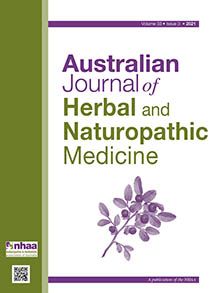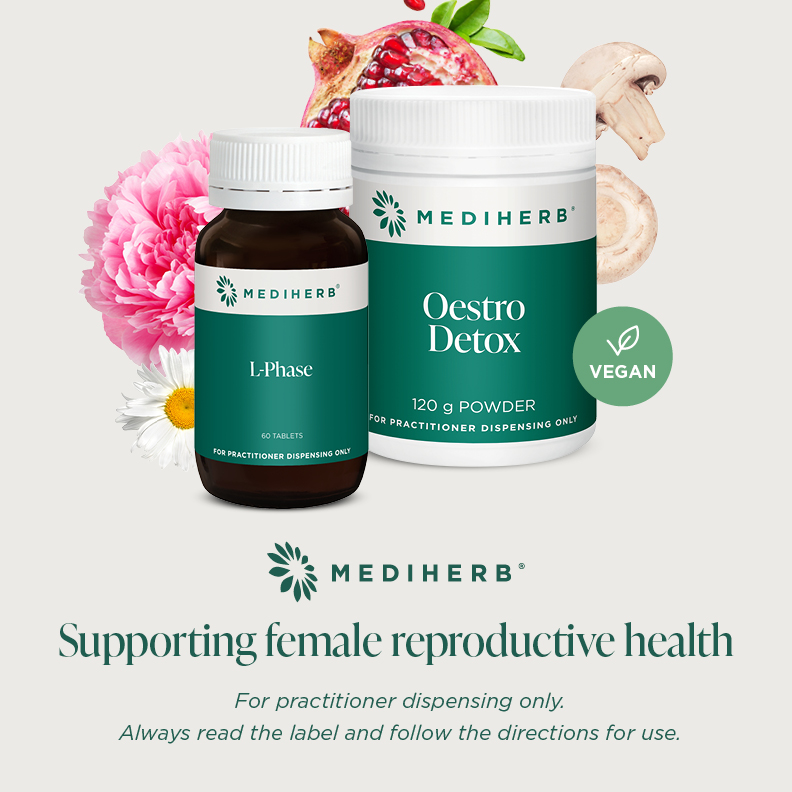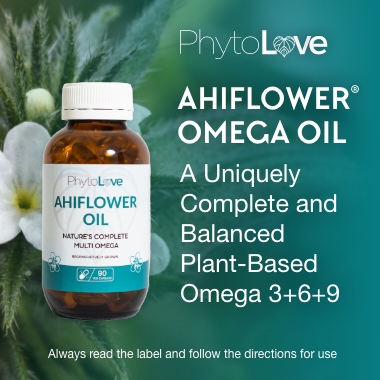Zafiar Tasmeen Naaz, Krishneel Raj, Kriti Karvina Singh, Shonal Lata and Dr. Ashneel Ajay Singh
Traditionally, crude extracts from various plants were used for treatment of diseases and ailments, while spices have been used for flavour, as preservatives, in rituals and as medicines for treating infectious diseases. The essential oils of 12 medicinal plants and spices were extracted and tested against Escherichia coli 0157:H7 (EHEC) to determine the antimicrobial properties. The selected plants and spices are Eugenia caryophyllata (F), Jasminium (F), Eucalyptus globulus (L), Zingiber officinale (R), Allium sativum (L), Occimum sanctum (L), Azadirachta indica (L), Psidium guajava (L), Citrus limon (L), Carica papaya (L), Morinda citrifolia (L) and Azadirachta indica (seed). These plants and spices were chosen due to their dependence by local households as a means of traditional medicine. Essential oils extracted from the plant and spices showed growth inhibition of E. coli 0157:H7, whereas the highest antimicrobial activity was recorded for clove oil. Jasmine, pawpaw and neem (seed oil) had the lowest growth respectively. All other extracts had moderate activity. Additionally, the aqueous and ethanol extracts of each plant were used to determine the total phenolic content (TPC). From the plants tested, the TPC of aqueous extract varied from 612±3.15 to 2.67±0.11 (mg GAE/100gdw), while TPC of ethanol extract varied from 434±2.87 to 1.02±0.09 (mg GAE/100gdw). The highest TPC was recorded for noni aqueous extract and the lowest was for jasmine ethanol extract. This study reports the inhibitory effects and phenolic content of 12 herbs and spices and thus its potential use for developing safe pharmaceutical agents.







